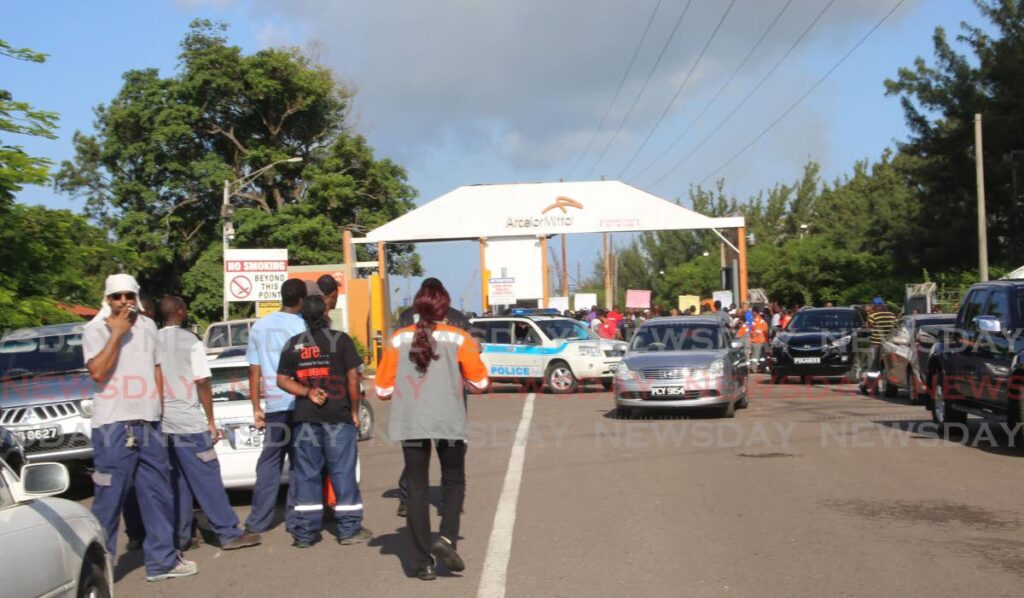A new plan for iron and steel

The sale agreement for the Arcelor-Mittal iron and steel plant marks a new chapter in the long and difficult history of iron-and-steel-making in TT.
This plant was a cornerstone of the fledgling Point Lisas Industrial Estate an early local effort at using the growth in the oil and natural gas industry to diversify into downstream industries.
Beginning operations in 1980 as the Iron and Steel Company of TT (ISCOTT), the early promise of cheap raw material inputs and local energy deteriorated quickly. A mix of global market constraints and management issues reduced output. Five US steel companies filed suit against ISCOTT for dumping, accusing the plant of competing unfairly through government subsidy.
ISCOTT never met its goals for export. In the face of declining markets, the country ended up being awash in refined iron and steel, which became a cornerstone of the construction industry, but ISCOTT lost money.
By 1983, ISCOTT was losing US$177 million per year.
In 1989, the government leased the plant to India's ISPAT Group, which ran the company as Caribbean ISPAT, successfully pushing into markets in Latin America, the Middle and Far East and Europe.
ISPAT bought the plant outright in 1994 and under the supervision of Lakshmi Mittal, finally achieved success it was built for.
Some of that can be attributed to the very agreeable US$70 million price that ISPAT paid for the mill, concessions from the government and rising prices for its output.
From continuous losses, the company was turned to profitability within a year.
In 2006, Mittal Steel merged with Arcelor to become ArcelorMittal and the company continued production until 2016.
Facing increases in utility payments, taxes and port fees and with the burden of a US$281 million loss in 2015, the plant abruptly closed its doors, leaving 644 steelworkers in the lurch.
The plant has been shuttered since then. Bids for the plant led nowhere until TT Iron announced last week that it had signed a sale and purchase agreement to acquire the plant.
The company has announced an aggressive plan to refurbish the plant over the next two years with a budget of more than TT$1 billion to fire up the plant's signature direct reduced iron and electric arc furnace technologies that were designed to be a good fit for TT's cheap electricity prices and natural gas resources. Iron and steel production is prone to precipitous change. Price volatility drove the government's sale of the business and then the mothballing of the plant.
But a successful iron and steel plant is good for TT and the revitalisation of the plant is some welcome good news for the heavy industry sector.

Comments
"A new plan for iron and steel"